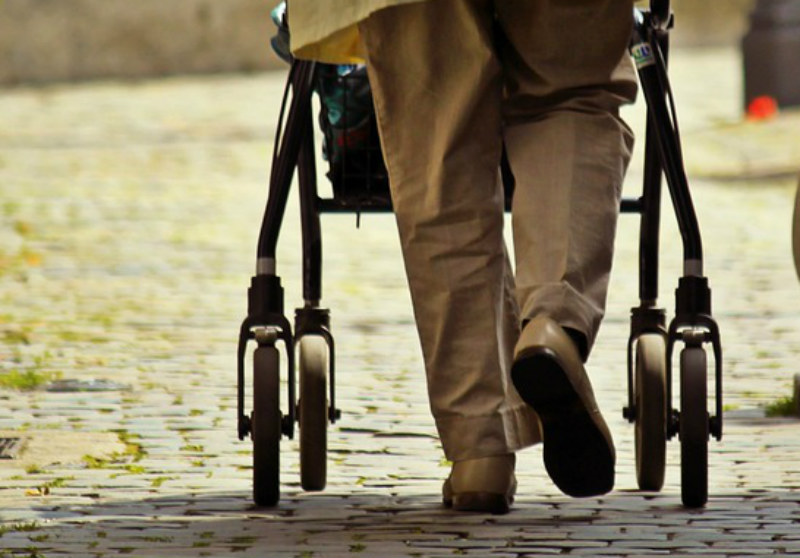Insurances and Pension
In Denmark there are three insurances which are mandatory by law. You must have a liability insurance if you own a vehicle. You must have a dog insurance if you have a dog, and you must have an insurance covering property in the case of fire.
All other private insurances are voluntary. In other words, you decide yourself whether you e.g. want a so-called family insurance/home insurance, normally covering personal property in the case of theft, fire or water damage, personal liability, and legal protection.
However, as a wage earner you are also subject to paying into a supplementary pension of your state pension, ATP.
The contribution to ATP will automatically be deducted from your wages depending on the number of working hours and method of pay. The employer must pay 2/3 and the employee 1/3 of the ATP contribution. Under the section “How much do I pay to ATP?” you will be able to see the actual CONTRIBUTION RATES.
Many wage earners choose to take out a private pension insurance, and in some industries a pension scheme is also part of the COLLECTIVE AGREEMENT.
You are covered by the public HEALTH INSURANCE when you reside in Denmark and have a civil registration number, but private health insurances can also be taken out.
Click here for information about the most general types of insurances, including pension schemes.
There may be big differences in insurance premiums in the various insurance companies, so you may ask your employer, colleagues or friends for advice regarding choice of insurance and insurance company.
During working hours, you are covered by your employer’s mandatory commercial liability insurance.
